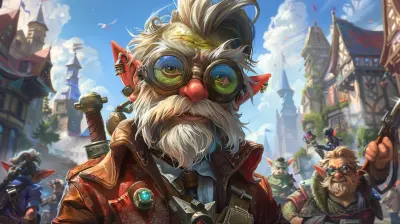Are Single Player Games Better for Developing Skill Mastery?
11 September 2025
When it comes to gaming, there’s always a debate brewing somewhere. One of the most enduring arguments is whether single-player games are better for mastering skills compared to multiplayer games. If you're the sort of person who loves diving deep into an immersive world all by yourself, you're probably already leaning toward the single-player camp. But is there more to this than just personal preference? Let’s break it all down.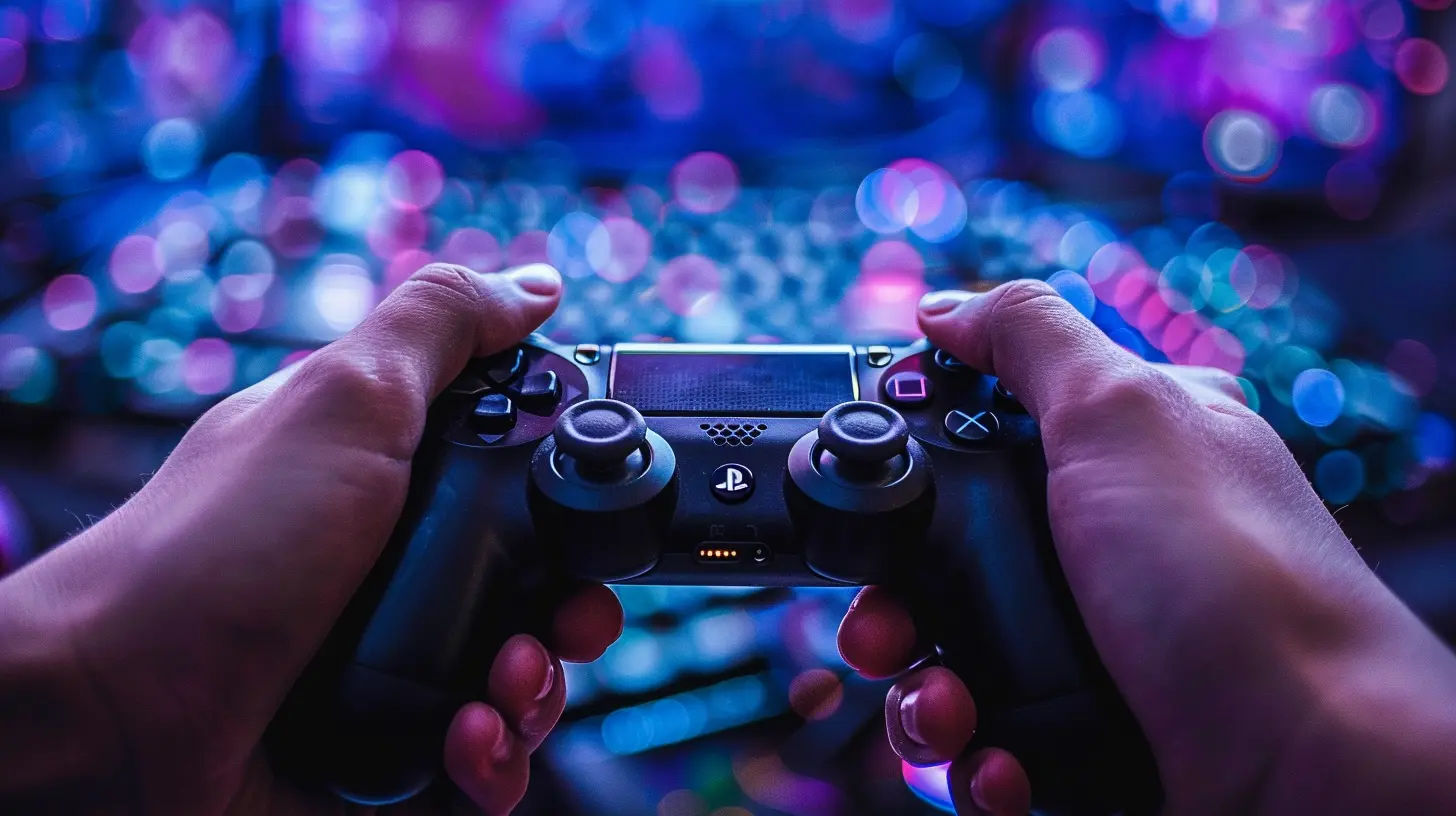
The Case for Single Player Games: Where Skill Meets Focus
Single-player games have this magical ability to make you feel like a hero in your own story, don’t they? Think about games like The Witcher 3, Dark Souls, or Hollow Knight. These aren’t just games—they’re journeys. And, believe it or not, this type of gameplay can do wonders for building skill mastery.1. Controlled Learning Environment
Single-player games create a controlled environment where you can experiment freely without the anxiety of being judged. Let’s face it—a lot of us freeze under the pressure of online competition. You mess up in a multiplayer match, and suddenly there’s someone in your DMs reminding you about it. (Yep, multiplayer toxicity is real.)In single-player games, the only person holding you accountable is… you. You have the freedom to make mistakes, learn from them, and adjust your approach without external distractions. It’s like having a personal trainer who never yells at you for skipping leg day.
2. Tailored Challenges
Remember how video games often come with difficulty modes? You can ease into gameplay as a beginner and gradually ramp up the difficulty as your skills improve. Whether you’re mastering combat mechanics in Sekiro: Shadows Die Twice or solving brain-crushing puzzles in Portal, single-player games allow you to progress at your own pace.Contrast this with multiplayer games where the difficulty level isn’t always in your control. Sometimes you’re matched against players who’ve clearly dedicated their lives to the game, and it feels like showing up to a sword fight with a butter knife. Not fun.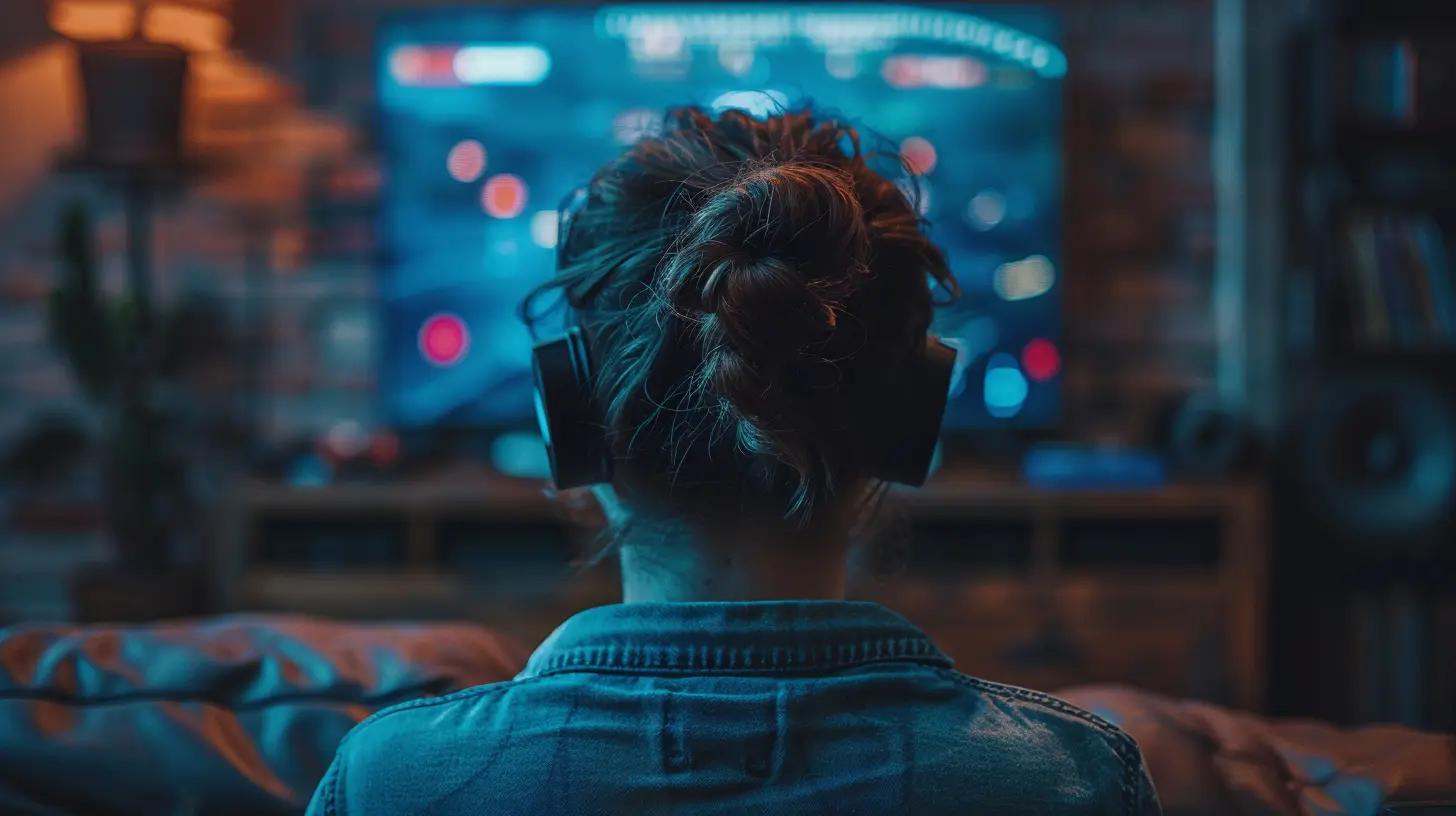
The Depth of Mastery: Single Player Games and Cognitive Skills
There’s more to single-player games than just having a good time. These games are designed to engage your brain in ways that can seriously sharpen your mental toolkit. Let’s explore how.1. Problem-Solving and Critical Thinking
Many single-player games revolve around puzzles, strategy, or decision-making. Whether it’s planning your next move in XCOM: Enemy Unknown or unraveling mysteries in The Legend of Zelda: Breath of the Wild, these challenges push you to think critically and solve problems on the fly.You’ll often find yourself in situations where there’s no obvious solution, and you have to step out of your comfort zone. That’s where the magic happens. Over time, these problem-solving skills can spill over into real-life scenarios. Got a tricky project at work? Bet you’ll tackle it like it’s a boss level.
2. Patience and Perseverance
Ever spent hours trying to defeat a boss in games like Elden Ring? Yeah, same. Single-player games often teach you patience and perseverance the hard way. You learn that failure isn’t the end—it’s just a stepping stone to success. It’s like life, but with cooler soundtracks and fewer actual consequences.These lessons stick. After all, once you’ve conquered the Nameless King, what’s a little hiccup in the real world?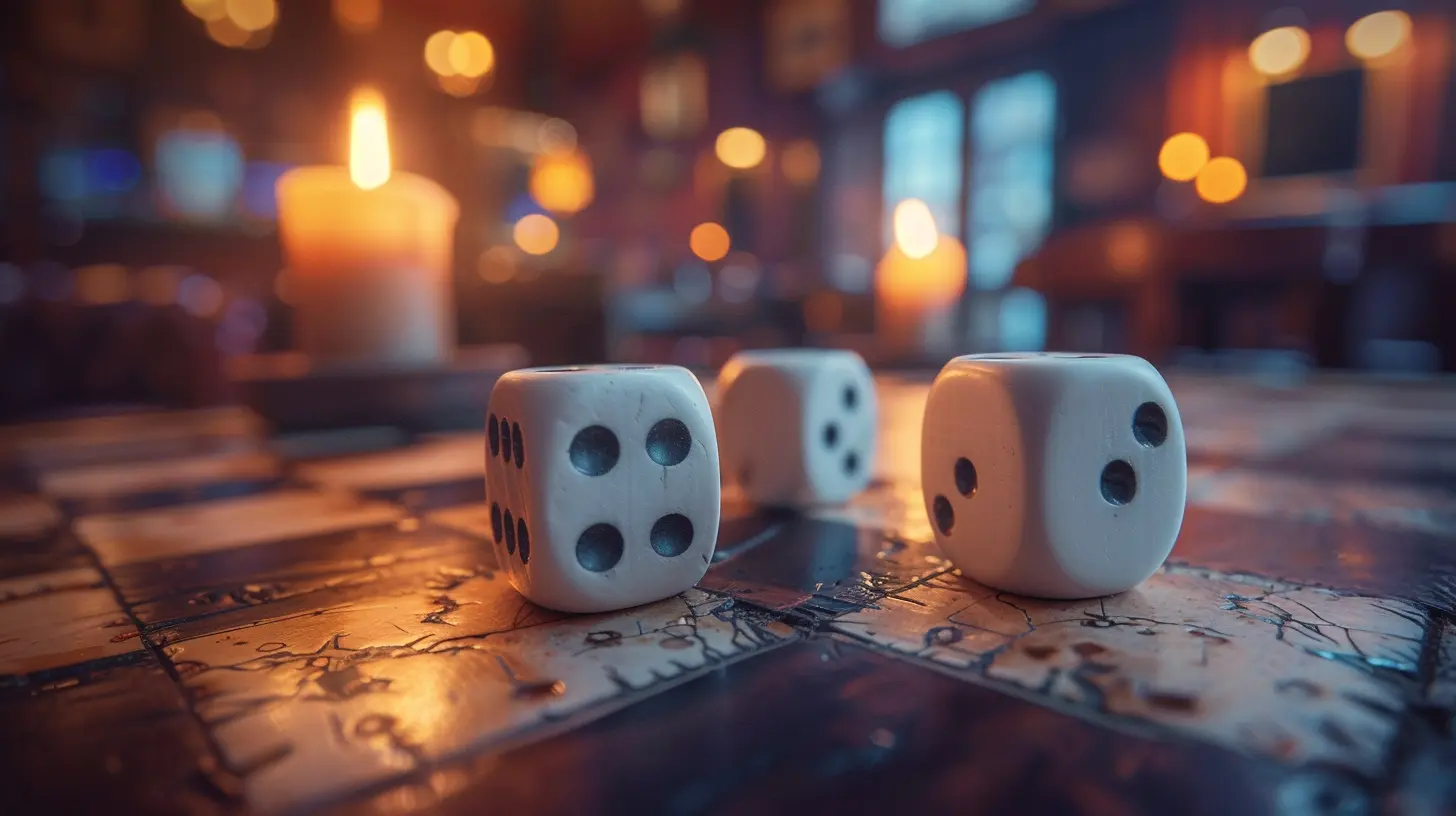
No Co-op Here: The Power of Solo Dynamics
Let’s pause for a moment to consider how playing alone can shape your skills. There’s a certain beauty in lone-wolfing your way through a game world. Single-player games don’t just build mechanical skill; they also develop soft skills that are crucial for growth.1. Self-Motivation and Discipline
When you’re playing solo, there’s no teammate hounding you to “carry the squad.” It’s all on you. This fosters self-reliance and discipline. You learn to stay motivated even when the game gets tough, which is a valuable skill for life in general.2. Immersion and Focus
Let’s not underestimate the power of immersion. Single-player games are often narrative-driven, pulling you deep into a well-crafted story. When you’re fully immersed, your focus sharpens. You’re not distracted by chat boxes or someone spamming “gg ez” in the corner. This undivided attention helps you hone your skills more effectively.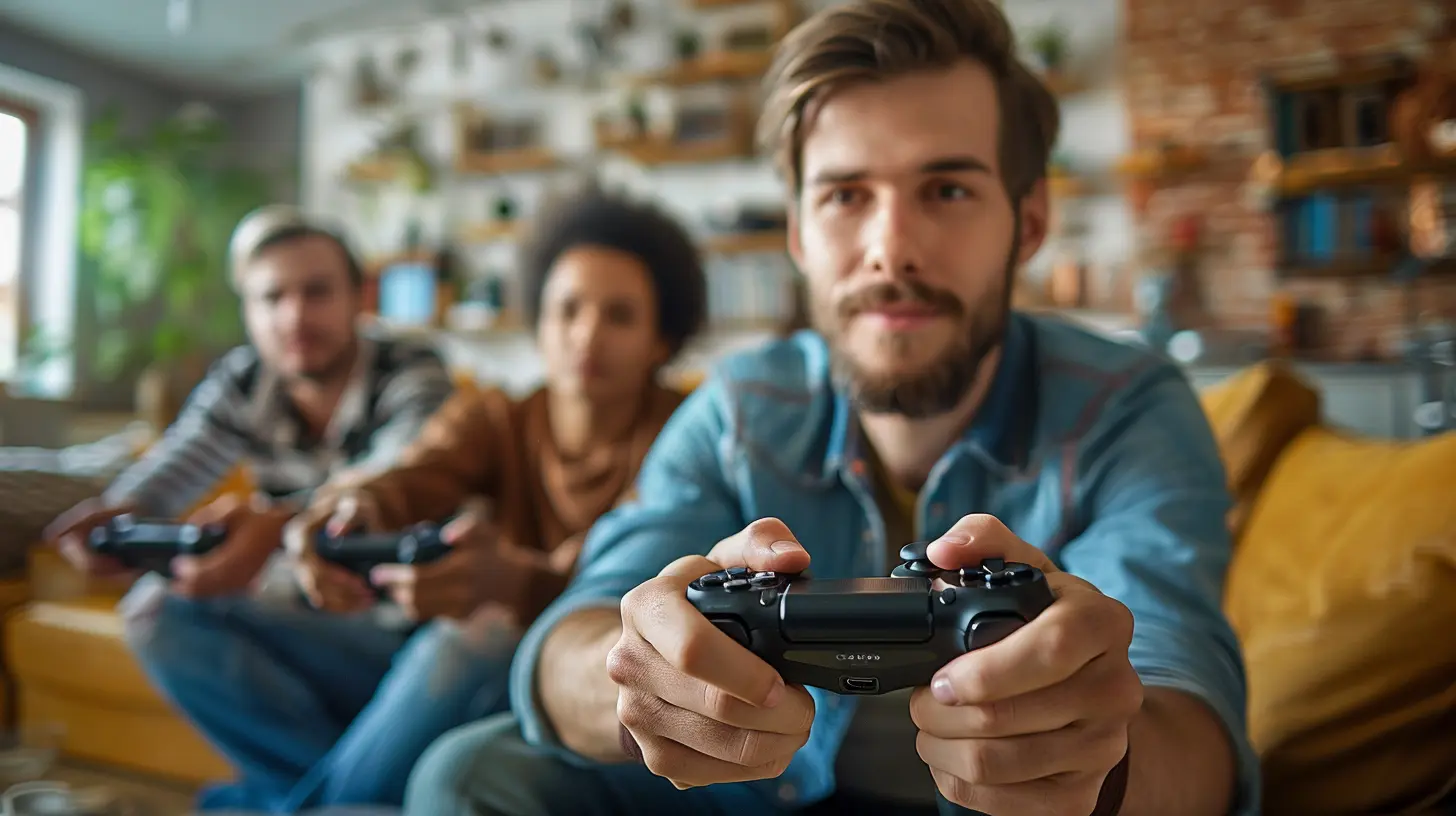
What About Multiplayer Games? Are They Just Chaos?
Okay, don’t get me wrong—multiplayer games have their own charm. They’re great for teamwork, communication, and handling high-pressure situations. But when it comes to skill mastery in a focused environment, they have some limitations.In multiplayer games, the unpredictability of human opponents can either make you or break you. Sure, you can learn a lot about adaptability and quick thinking, but the constant external variables can dilute your efforts to master specific skills. Plus, let’s be honest—sometimes it’s more about luck than skill (cough random loot drops cough).
Skill Mastery in Single Player VS Multiplayer: A Quick Comparison
| Aspect | Single Player Games | Multiplayer Games ||-------------------------------|-------------------------------------------|----------------------------------|
| Environment | Controlled, consistent | Unpredictable, player-dependent |
| Learning Curve | Gradual, tailored | Steep, often frustrating |
| Focus | Minimal distractions | High distraction potential |
| Skill Application | Mastery of mechanics and systems | Emphasis on adaptability |
| Pressure | Self-driven | External pressure (teammates, opponents) |
The Verdict: Are Single Player Games Better for Developing Skill Mastery?
I’ll be real—it depends on what you’re looking to master. If you’re someone who values a calm, structured space to develop mechanical precision, analytical thinking, and perseverance, single-player games are your playground. They let you refine your skills without external noise, at a pace that feels right for you.Multiplayer games, on the other hand, are like a crash course in adaptability and handling pressure. They’re fun but chaotic, and they might not be the best environment for deliberate practice.
So, are single-player games better for developing skill mastery? If we’re talking about consistency, focus, and deep learning, the answer tilts heavily toward "yes." They’re like the ultimate training ground for gamers looking to level up—not just in-game, but in life.
Wrapping It Up
At the end of the day, it’s all about balance. There’s no hard-and-fast rule saying you have to pick one over the other. Try incorporating both into your gaming routine to enjoy the best of both worlds. But if you're truly serious about focusing on skill mastery, consider dedicating more time to single-player campaigns. You might be surprised by how much you grow.all images in this post were generated using AI tools
Category:
Single Player GamesAuthor:

Luke Baker
Discussion
rate this article
1 comments
Azriel Mathews
While single-player games foster deep skill mastery through focused practice, multiplayer experiences enhance adaptability and teamwork. Both offer unique benefits for player development.
September 11, 2025 at 3:22 AM

Luke Baker
Absolutely! Both single-player and multiplayer games contribute uniquely to skill development—one through focused mastery and the other through collaboration and adaptability. Each offers valuable experiences for players.

